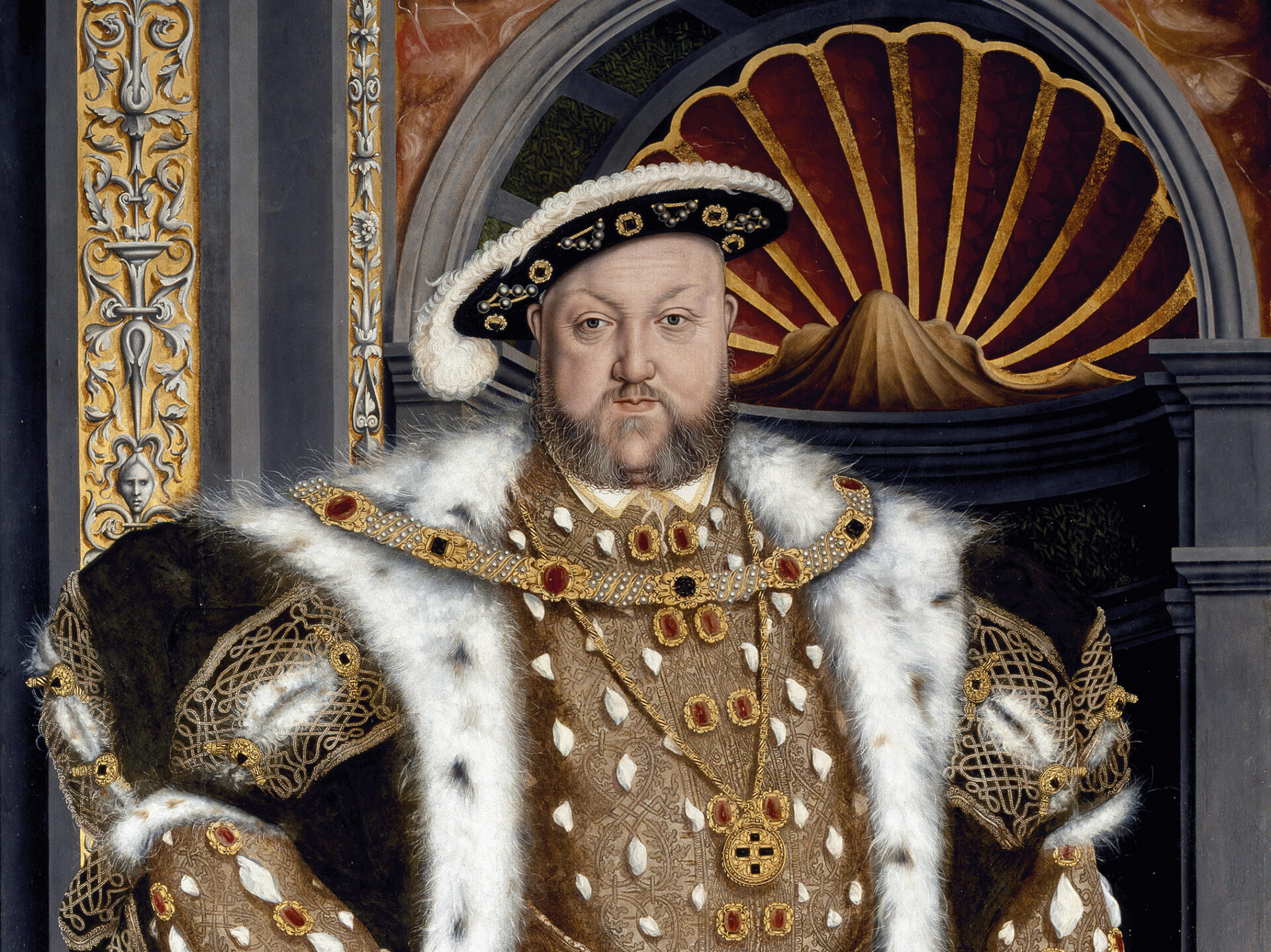Henry VII (r. 1485-1509) was descended from a bastard branch of the Lancastrian family. His right to be king, however, derived not from this tenuous hereditary claim but from his victory at Bosworth and a subsequent act of Parliament. The new monarch had excellent qualifications for the job of tidying up after the divisiveness of civil war.
Shrewd, able, working very closely with his councilors, waging foreign policy by diplomacy and not by arms, Henry VII had much in common with Louis XI of France. Unlike Louis, however, Henry was devout and generous. He formally healed the breach between the rival houses of the roses by marrying the Yorkist heiress Elizabeth, daughter of Edward IV, and deprived the nobles of their private armies by forbidding livery and maintenance.
Henry rewarded many of his advisers with lands confiscated from his opponents at the end of the Wars of the Roses. The king and his councilors more than doubled the revenues of the central government, at times by high handed methods.
When prelates were summoned to make special payments to the king, those who dressed magnificently to plead exemption on the grounds of the cost of high church office were told that their rich apparel proved their ability to make a large payment. Those who dressed shabbily in order to claim poverty were told that their frugality argued that they, too, could afford a large contribution. Such practices enabled Henry to avoid a clash with Parliament because he seldom needed its sanction for taxes.
Henry VII reestablished prosperity as well as law and order in an England weary of rebellion, civil war, and insecurity. He restored the prestige of the monarchy, making it the rallying point of English nationalism. He fixed the pattern for Tudor policy toward the English Parliament. Henry asked Parliament for money as seldom as possible; during the last dozen years of his reign he had to summon only one Parliament, which met for a few weeks in 1504. Even so, when it refused to give him all the monies he wanted, he yielded gracefully and avoided a confrontation.

